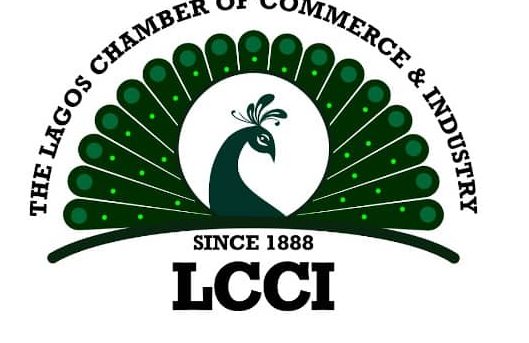The Lagos Chamber of Commerce and Industry has expressed concerns over the continued enforcement of the 4 percent Free-on-Board (FOB) levy by the Nigeria Customs Service (NCS), despite the formal directive to suspend it.
This was contained in a statement signed and issued to newsmen by the LCCI Director General, Dr. Chinyere Almona, on Monday.
LCCI recalled that the Nigeria Customs Service had cited Section 18(1)(a) of its Act 2023 as the basis for the levy.
Almona noted that while the Chamber respects the legislative process, the Minister of Finance and Coordinating Minister of Economy, Wale Edun, is the constitutionally empowered authority for fiscal policy, stressing that a duly issued ministerial suspension should take immediate effect unless overturned by the National Assembly or a competent court.
LCCI restated: “The continued collection of this levy raises import costs, erodes competitiveness, and undermines investor confidence.”
Also Read
- UNGA: Shettima markets Nigeria’s $200b energy transition opportunity to investors
- Benue Attack: More bodies of slain policemen recovered
- FOB Levy Ban: LCCI worried over non-compliance by NCS
- FG: Why we are paying more attention to energy sector reforms
- Tinubu-For-Life. For Where?, by Reuben Abati
Following this, the Chamber called on the NCS to recalibrate its systems without delay to reflect the ministerial directive and issue a public notice confirming compliance, urging the Ministry of Finance and National Assembly to engage promptly to remove any legal ambiguity.
It emphasised that Nigeria’s business community needs policy clarity and institutional coordination to sustain trade, jobs, and economic growth.
The Eagle Online reports that the Minister of Finance on September 15, 2025 in a circular signed by the Permanent Secretary for Special Duties, Raymond Omachi, directed the NCS to suspend the implementation of the 4 percent Free on Board levy on imported goods.
Edun in the circular admitted that the levy posed risks to trade facilitation, economic stability, and Nigeria’s business climate.



